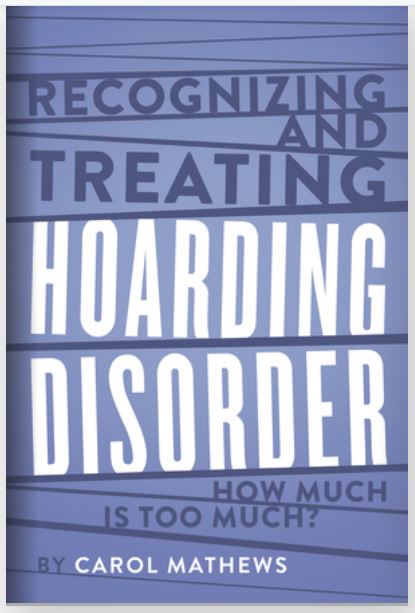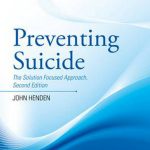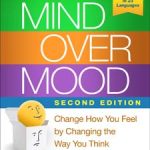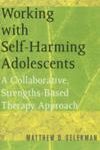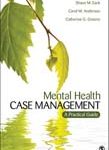The first clinical guide to this psychiatric illness, officially recognized by the DSM in 2013.
Everybody has heard the statements “she’s a pack rat” or “he’s a hoarder,” but how many of us really know what that means? Pathological hoarding was first formally conceptualized as a syndrome separate from OCD in the early 1990s, yet it wasn’t until 2013 that hoarding received formal psychiatric diagnostic criteria in the DSM.
How can a mental health professional who sees clients in an office determine if hoarding is a factor in a client’s life? Here, Carol Mathews provides readers with the first-ever comprehensive clinical book on hoarding, covering every aspect of the disorder. Topics include: epidemiology and impact; screening tools and clinical interview tools for assessment; differential diagnosis and co-occurring disorders; when to suspect mild cognitive impairment and dementia; hoarding behaviors in children; how to differentiate normal keeping of items from hoarding; animal hoarding; the neurobiology of hoarding disorder; treatments, both psychopharmacological and otherwise; self-help options; and the impact of hoarding on the family
Author Bio:
Carol Mathews, MD, is the Brooke Professor and the Vice Chair for Strategic Development in the Department of Psychiatry at the University of Florida. She is Director of the Center for OCD, Anxiety, and Related Disorders at U of F. She serves on several advisory boards for non-profit organizations, including the Tourette Association of America, the International OCD Foundation, and the MHASF Task Force on Hoarding and Cluttering. She lives in Gainesville, Florida.
Review:
“Dr. Mathews has written an extraordinary book on hoarding disorder… [It] includes not only what it’s like for the person who has it, but what it’s like for the family members. She introduces you to what happens in the brain areas that cause this disease and treatments that can work. This hopeful book is a must-read for professionals as well as patients and families who suffer from this disease.” – Louann Brizendine, M.D., Neuropsychiatrist, Clinical Professor, UCSF, Marc and Lynne Benioff Endowed Professor of Psychiatry.


